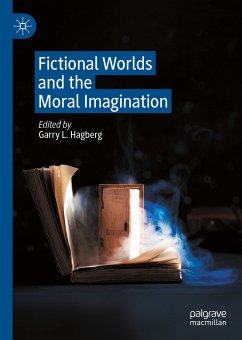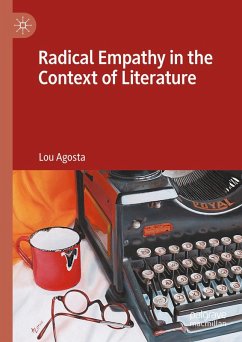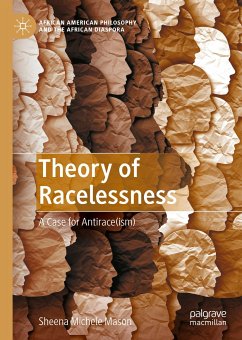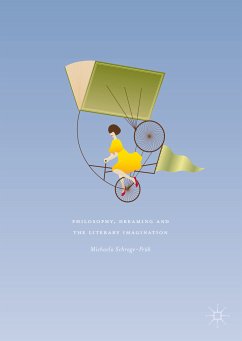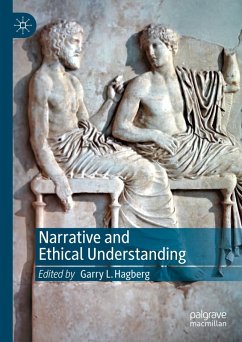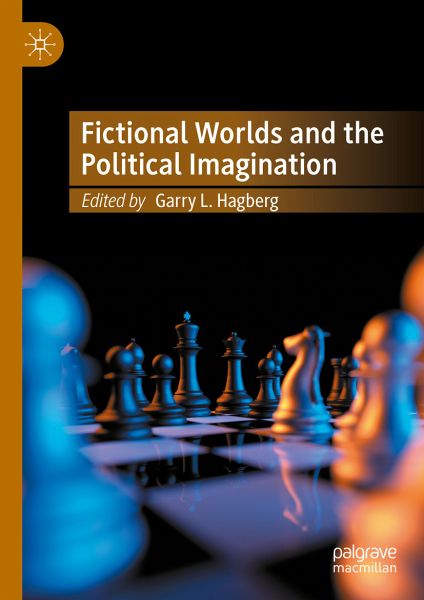
Fictional Worlds and the Political Imagination (eBook, PDF)
Versandkostenfrei!
Sofort per Download lieferbar
112,95 €
inkl. MwSt.
Weitere Ausgaben:

PAYBACK Punkte
56 °P sammeln!
There has been a steady stream of articles written on the relations between political thought and the interpretation of literature, but there remains a need for a book that both introduces and significantly contributes to the field - particularly one that shows in detail how we can think more freely and creatively about political possibilities by reading and reflecting on politically significant literature. This volume offers analytically acute and culturally rich ways of understanding how it is that we can productively think philosophically about political literature and what kind of distinct...
There has been a steady stream of articles written on the relations between political thought and the interpretation of literature, but there remains a need for a book that both introduces and significantly contributes to the field - particularly one that shows in detail how we can think more freely and creatively about political possibilities by reading and reflecting on politically significant literature. This volume offers analytically acute and culturally rich ways of understanding how it is that we can productively think philosophically about political literature and what kind of distinctive conceptual progress we can make by doing so. Given the extremely widespread interest in political issues, this volume will strike resonant chords far and wide, while offering something that has not been done quite in this way and for which the time certainly seems right.
Dieser Download kann aus rechtlichen Gründen nur mit Rechnungsadresse in A, B, BG, CY, CZ, D, DK, EW, E, FIN, F, GR, HR, H, IRL, I, LT, L, LR, M, NL, PL, P, R, S, SLO, SK ausgeliefert werden.




